It could be a very long wait for electric vehicles.
- While the German automobile industry has a strong vested interest in the longevity of petrol and diesel engines, it has a point when it claims that electrification is pretty far away.
- On the sidelines of the BMW NextGen event in Munich, BMW’s head of development stated that in 2025, 80% of BMW vehicles on the road will still have an internal combustion engine and that BMW expects diesel to be around for another 20 years and petrol for 30.
- Consequently, it argues that the move to electrification is overhyped which is something with which I would broadly agree.
- Looking at RFM estimates, in 2025 just 6% of all miles driven in the USA will be in an electric vehicle but by 2039 this will have risen to 72% and virtually 100% by 2049.
- Hence, I agree with BMW that electric take over is not imminent and that electric is overhyped, but I think within 20 years, the internal combustion engine will be very close to becoming an oddity.
- I have very little doubt that when electric vehicles are ready for the mass market, they will sweep all before them but there are substantial roadblocks that need to be overcome first.
- These include:
- First, range anxiety: which is where the driver is constantly worrying about running out of battery power.
- Contrary to popular belief, I do not subscribe to the theory that when EVs have the same range as a full tank of petrol that this issue will go away.
- This is because it takes 5 minutes to refuel a vehicle whereas meaningfully charging an electric battery takes 45 minutes at least.
- If one has time pressure (pretty common) and has forgotten to charge the vehicle, then other forms of transportation will need to be used.
- Hence to fully deal with range anxiety, both the capacity of the battery and the speed to recharge it need to be meaningfully improved.
- Battery swapping is one way to get around this problem but none of the current vehicles or roadmaps include this and it requires standardisation and comes with a host of other problems.
- Second, charging network: Despite the marketing, driving an electric vehicle is constantly beset with concerns with regards to where to charge it.
- For example, in both Telsa and the Polestar 2, this is the first app that is demonstrated on the infotainment unit.
- This is getting better but it still has a very long way to go.
- One only has to look at the supercharging stations in Mountain View which are constantly 3 to 4 deep in Teslas for evidence of this.
- These are not simple problems to crack but once they have been solved, I suspect that EVs will take off far more quickly than anyone expects.
- This is because the total cost of ownership of an EV is far cheaper than the petrol equivalent in the same price tier, making it a no brainer to own an EV over the petrol version.
- Hence, I don’t think that BMW has nearly as long as it thinks to manage its transition to EVs, but I do agree that has more time than the Tesla fan club constantly espouses.
- EVs are likely to have the most impact on the German vehicle industry whose differentiation is based on excellence in the internal combustion engine, drivetrain and form factor all which become less relevant in an EV.
- The outlook is bleak for the OEMs but they do have some time to position themselves for the coming transitions.
- Whether they make good use of that time remains to be seen and based on what I can see, I am not very optimistic.


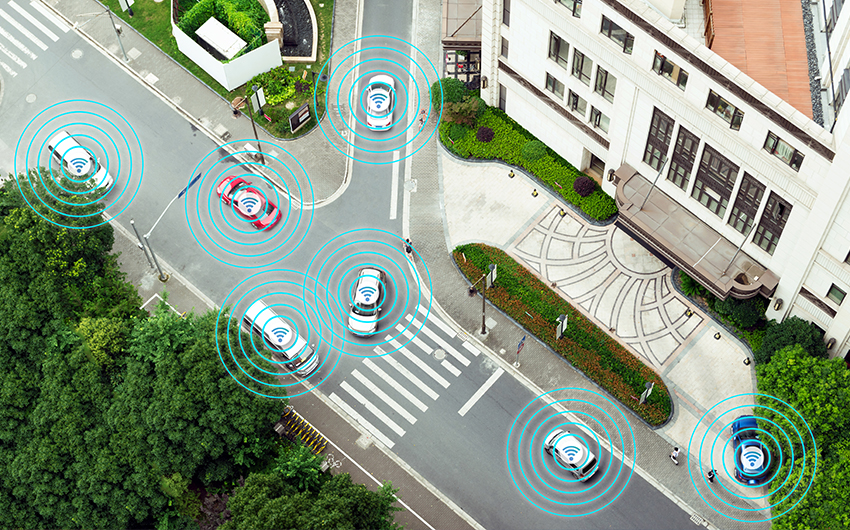
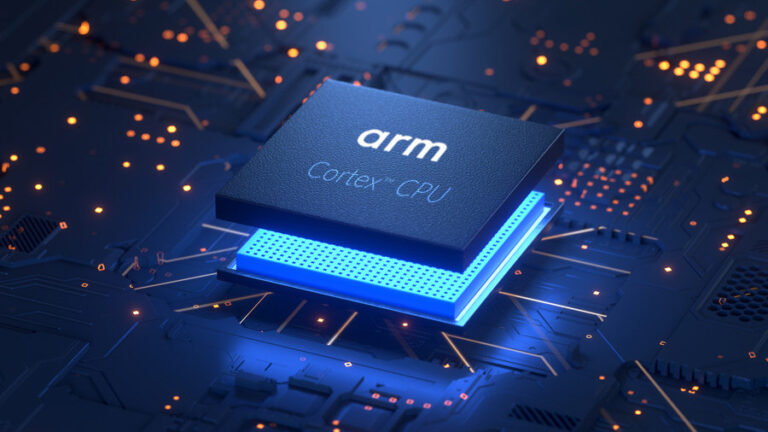

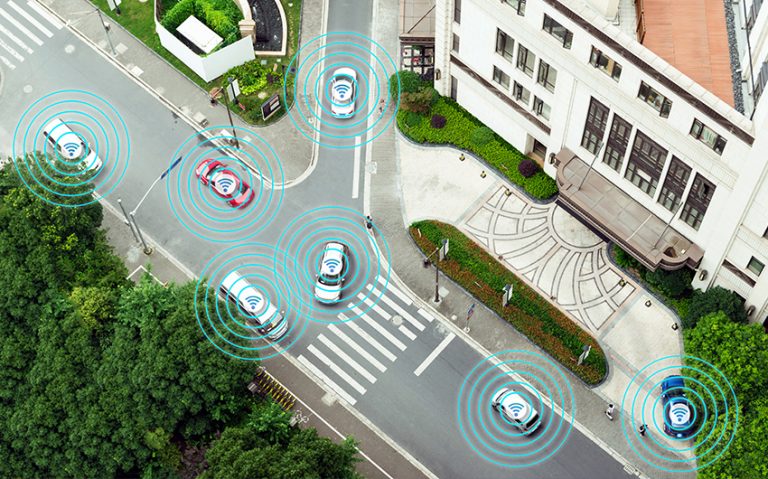


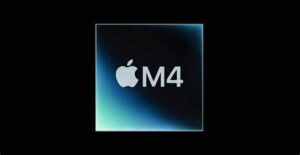
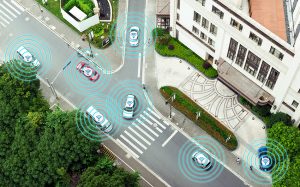
Blog Comments
Martin Rosenblum
June 29, 2019 at 5:00 am
Richard,
As always, your observations and comments are astute and well justified. I don’t really have any disagreement. I think the rate of adoption will be dominated by the related factors of charging times and charging network growth.
Without standardization and government support for something akin to the national highway system, won’t we struggle to get the needed infrastructure including possible upgrades to the electrical grid?
RICHARD WINDSOR
July 1, 2019 at 3:48 pm
Many thanks… Yes indeed..however some analysis I have seen estimates that the hit on the grid wont be as big as expected… this is because the grid is built for peak capacity meaning that its very under utilisaed at night… charging cars then will balance the load out meaning that less infrastructure than expected will be needed to support it…